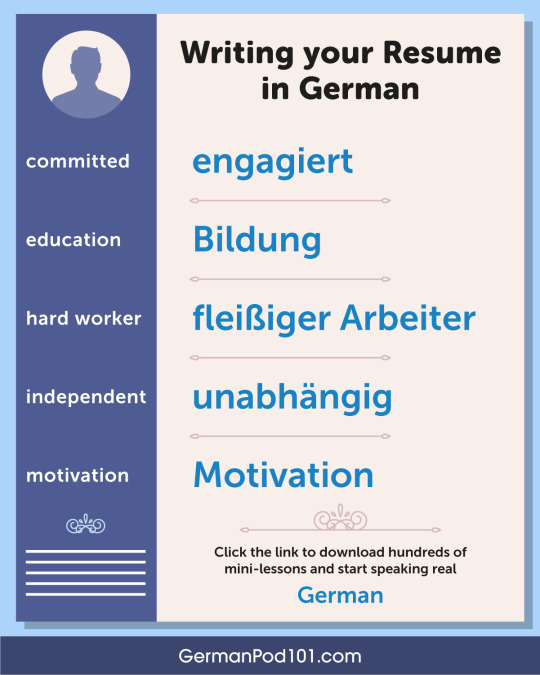Text
I want: -고 싶다 vs 원하다
For a long time I have wondered in which situations I would use ‘원하다’ instead of ‘-고 싶다’. They both mean ‘I want’ but people often only get taught ‘-고 싶다’ at first. ‘원하다’ is more literary and poetic so not normally spoken - you probably have heard it a lot more in song lyrics and dramas etc. It is also more formal than ‘-고 싶다’ so there might be some situations where one is more appropriate over the other.
When you are expressing your own personal desire, such as “I want to eat / I want to drink / I want to sleep / I want to buy” you would normally always use ‘-고 싶다’ - nobody uses ‘원하다’ but people will understand you.
먹고 싶어요 - I want to eat
마시고 싶어요 - I want to drink
자고 싶어요 - I want to sleep
사고 싶어요 - I want to buy
However if you want something to be done by someone else, for example “I want an update”, you wouldn’t say ‘-고 싶다’, you would be more likely to use the grammatical form ‘좋겠다’. You translate your sentence from “I want an update” to (literally) “It would be good if you sent me an update”
업데이트를 보내면 좋겠어요 - I want you to send me an update
But if you say this in a work environment (for example) it can sound a little too casual, and possibly even direct (maybe a bit passive aggressive?) so in that case you might use ‘원하다’:
저한테 업데이트를 보내길 원합니다 - I want you to send me an update
TL;DR: They’re basically the same, don’t even worry - carry on using ‘-고 싶다’

128 notes
·
View notes
Photo

Writing your Resume in German 📝 P.S. Discover our German language learning program, just click here https://www.germanpod101.com/?src=tumblr_resume_image_091421
67 notes
·
View notes
Photo


i want something more than,
more than restless mornings
find my art on instagram, twitter, inprnt, twitch: @jakeromanoart
1K notes
·
View notes
Text
Honestly, as a German I can not quite understand the obsession of the English speaking world with the question whether a word exists or not. If you have to express something for which there is no word, you have to make a new one, preferably by combining well-known words, and in the very same moment it starts to exist. Agree?
147K notes
·
View notes
Text
all these “untranslatable words” which english doesn’t have, like “Weltschmerz” and “Zeitgeist” but y’all still forgetting the most important one……….”doch”
9K notes
·
View notes
Text
I love that when Germans are really enthusiastic about something they exclaim: “Ich schmeiß mich weg!” which roughly means “I’m throwing myself away!”
4K notes
·
View notes
Text
Thinking about the latin phrase “sedit qui timuit ne non succederet” (“he who feared he would not succeed sat still”) and how my perfectionism and fear of failure makes me procrastinate and do nothing of my day.
7K notes
·
View notes
Text
draußen
GERMAN WORD OF THE DAY
draußen : outside
Ist da irgendjemand draußen?
Is there anybody out there?
14 notes
·
View notes
Text
How language shapes the way we think by Lera Boroditsky
2K notes
·
View notes
Text
“you can’t forget your mother tongue” okay but have you considered bilinguals and polyglots whose first language isn’t english and whose development during adolescence was shaped by consuming content and media only in english and have ever since viewed that second language, foreign to their own, as a better outlet for their emotions and thoughts? as Yiyun Li said “it is hard to feel in an adopted language, yet impossible in my native language.”
49K notes
·
View notes
Text
ansehen
GERMAN WORD OF THE DAY
ansehen : to look at
Man kann ihm sein Alter ansehen.
He looks his age.
15 notes
·
View notes
Text
eintauschen
GERMAN WORD OF THE DAY
eintauschen : to swap
Ich habe mein Motorrad gegen ein kleines, älteres Auto eingetauscht.
I traded my motorcycle for a small, older car.
28 notes
·
View notes
Text
i can’t wait for new eps of criminal:germany, since i am interested in the show it’s easier to use it as a tool to listen german as well...
but i am in need of german tv shows, movies!! can anyone suggest any?
3 notes
·
View notes
Text
[crying] I dont wANT TO LEARN GERMAN ANYMORE *sobs* this is TOO DIFFICULT *picks up a German grammar textbook* I'm DONE with this language *opens the textbook* I've had ENOUGH *starts another lesson*
24 notes
·
View notes
Text
Random tips for learning German
1. Always learn the article / gender with the noun and don’t assume the gender only basing on the word’s form. It’s true that many words that end on -e have the article “die” and are female, but not all! - “der Affe”, masculin and “der”
But also learn the general rules that exist for the articles, like: Every noun ending on “-heit” goes with the article “die”: die Krankheit, die Freiheit, …
Every noun ending on “-ung” also goes with “die”: die Heizung, die Versammlung, …
2. Always put new words into sentences to see them in context. That’s actually my advise for every language. I never only study words, I always try to put them into easy sentences. In German you can train the form of the words like that, since they change a lot due to genders: “Ich habe einen Vogel”, aber: “Ich habe eine Katze”.
3. Learn Modal Verbs first: can, must, might, may. With those verbs you will be able to communicate a lot of things.
4. Learn with texts. Take a German text and underline the different kinds of words in different colors, for example nouns in red, verbs in blue and adjectives in green. Get familiar with the forms of those words until you recognize them and how they work in sentence structure.
5. Get familiar with sentence structure and word order. Look at sentences and translate / repeat them.
6. That’s kind of obvious, but watch German movies / shows and listen to German music, to get used to hear the language.
7. The most important thing for learning a language is repetition and repetition doesn’t have to take long or be complicated. Just grab a piece of paper and write every German word or sentence you can remember - maybe give yourself a timer, like 5 minutes are enough. Then go check what you did right and where you do have to repeat the rules etc. This is like I learned most languages and like I studied for university. I have heaps of paper on which I just randomly write things I remember. Then I correct the mistakes and do it again … It’s easy and it does help.
804 notes
·
View notes
Text
“I take great care of myself by carefully shutting myself away.”
— Vincent van Gogh, Letter from Vincent van Gogh to Theo van Gogh
7K notes
·
View notes
